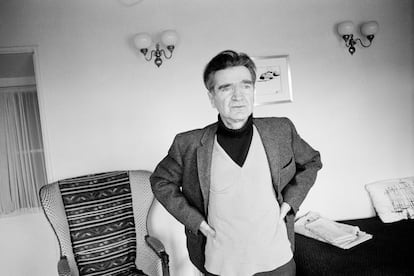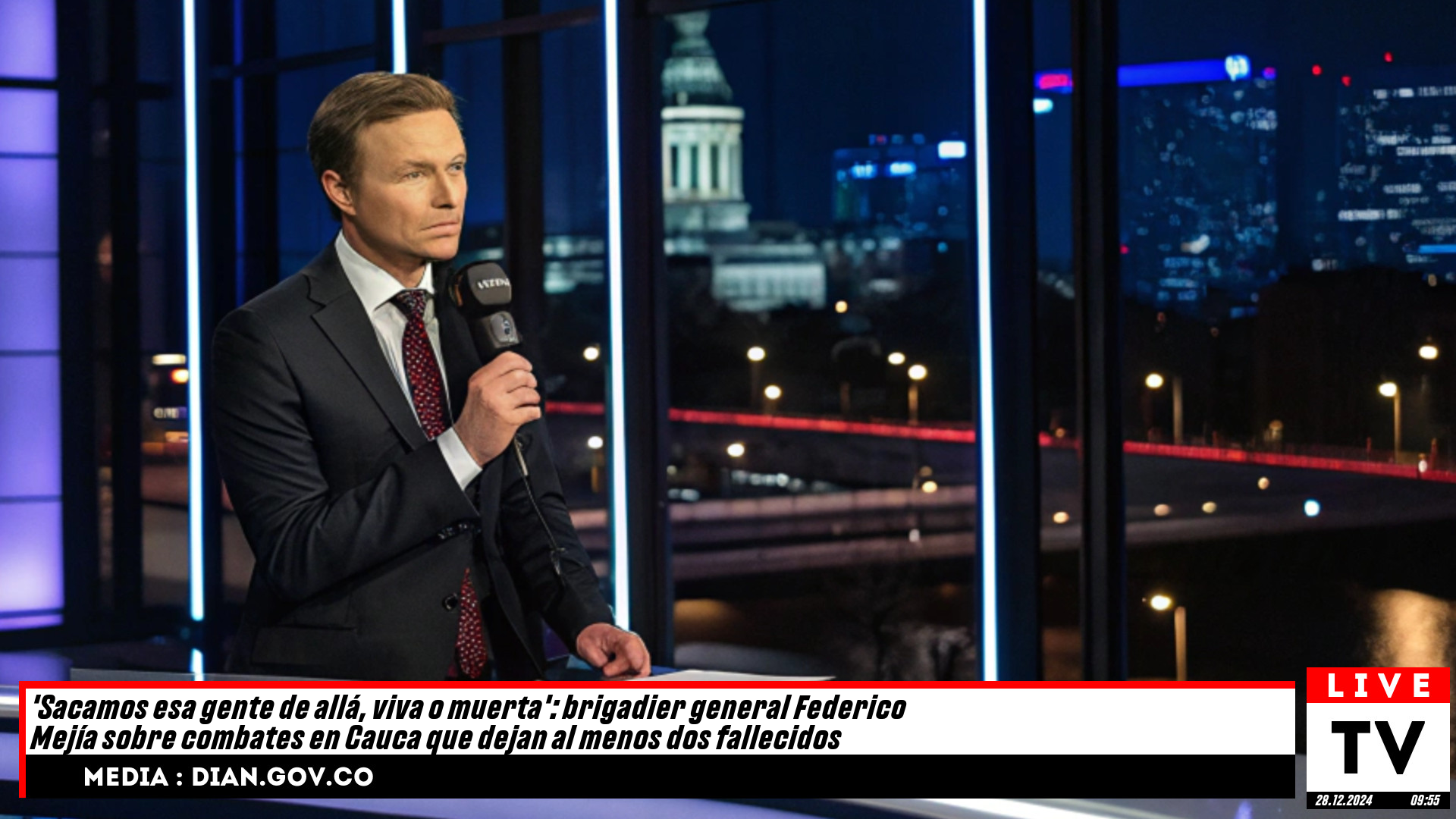Cuando los intelectuales apoyan el fascismo: una reflexión contemporánea | Cultura | EL PAÍS English

Una célebre fotografía tomada por Louis Monier en 1977 en una de las plazas más hermosas del Barrio Latino de París captura a tres grandes intelectuales del siglo XX, cuya influencia perdura hasta nuestros días: el filósofo Emil Cioran, el historiador de las religiones y novelista Mircea Eliade, y el dramaturgo Eugène Ionesco. Los dos primeros ocultaban un oscuro secreto: su simpatía por el fascismo rumano en las décadas de 1930 y 1940, su antisemitismo y su respaldo intelectual a un régimen responsable de la muerte de decenas de miles de judíos. El tercero, creador del teatro del absurdo y de origen judío, sobrevivió a la guerra y pasó el resto de su vida en Francia. En su juventud, fueron muy buenos amigos, pero su relación quedó irremediablemente marcada por el pasado de Cioran y Eliade.
The French essayist Alexandra Laignel-Lavastine, an expert on Eastern Europe, dedicated a fascinating work to the protagonists of that photo, Cioran, Eliade, Ionesco. L’oubli du fascisme (2002). Its title, “The oblivion of fascism,” resonates strongly today in this 21st century Europe in which so many parties — and not only those of the extreme right — try to hide, diminish, manipulate, what the great totalitarianisms of the 20th century represented for the world: total loss of freedoms, death, violence, destruction… “The philosopher’s support,” she writes in reference to Cioran, “for the Iron Guard, one of the most violent and antisemitic extreme right formations of the 1930s, lasted until the beginning of 1941.” Eliade maintained his support for this fascist movement when it had fully shown its true face.
From 1945 onward both reinvented their past, although, as the historian points out, they always lived in fear of it being revealed. Eliade, for example, was forced to cancel a trip to Jerusalem in 1973 because of his antisemitic past; Saul Bellow was criticized for being inspired by him in the novel Ravelstein and, although in a very collateral way, his name had a remote connection with the never-clarified murder of a Romanian professor on the campus of the University of Chicago in 1991. The journalist Ted Anton wrote a fascinating book about it, with a prologue by Umberto Eco, Eros, Magic, and the Murder of Professor Culianu (2013). It was always said that he never won the Nobel Prize because of his fascist past.


Ejecutado en Cali: líder de temida banda criminal ecuatoriana pierde la vida en ataque sicarial.

¡Inusual lluvia en Barranquilla ilumina el fin de año 2024 con sorprendentes imágenes!

"Ibagué prohíbe la venta de alcohol para el fin de año en un intento por reducir homicidios y accidentes"

¡Barranquilla se prepara para una movilidad ágil y festiva en la temporada de fin de año 2024!

Fleteo en Bello: Presunto ladrón resulta herido durante intento de robo millonario

"Brigadier General Federico Mejía advierte: 'Extraeremos a esos individuos, ya sea con vida o sin ella', en el marco de enfrentamientos en Cauca que han cobrado dos vidas"

